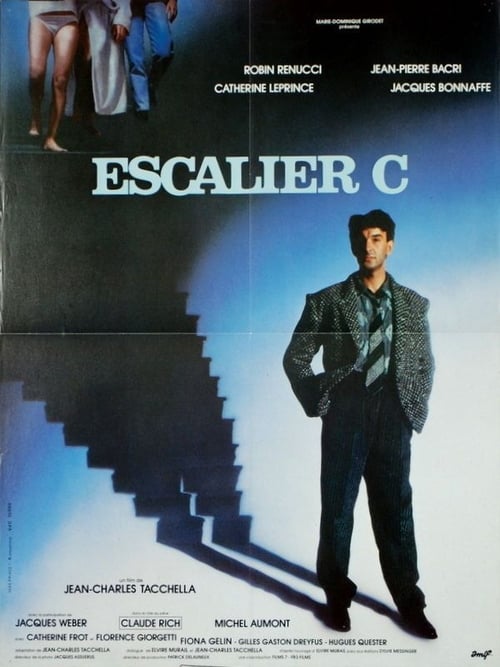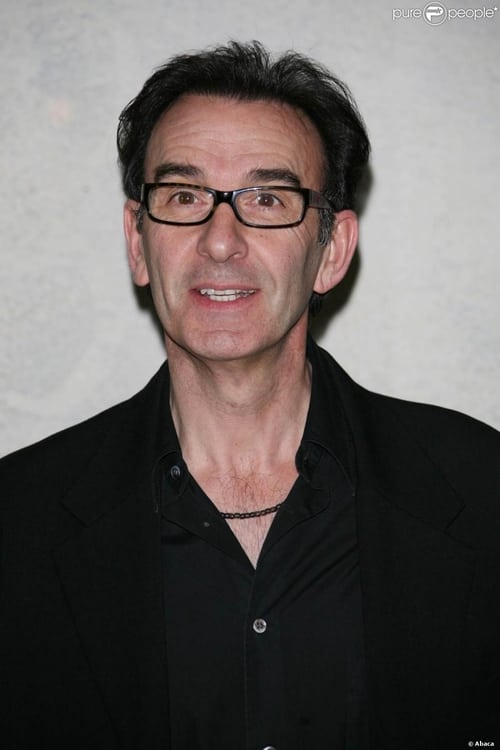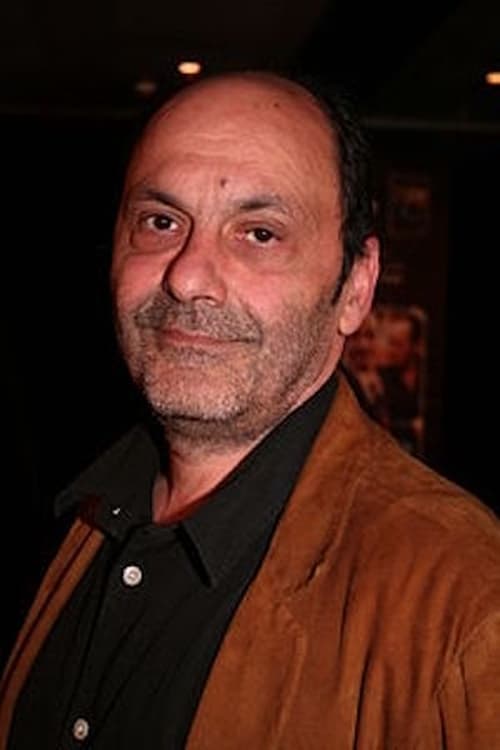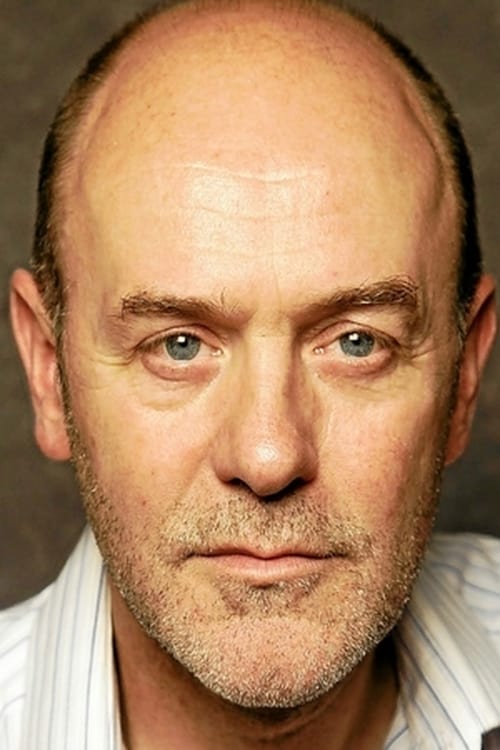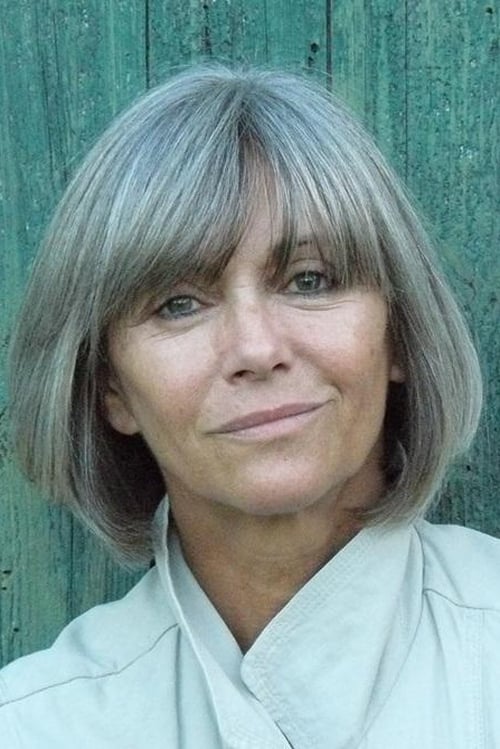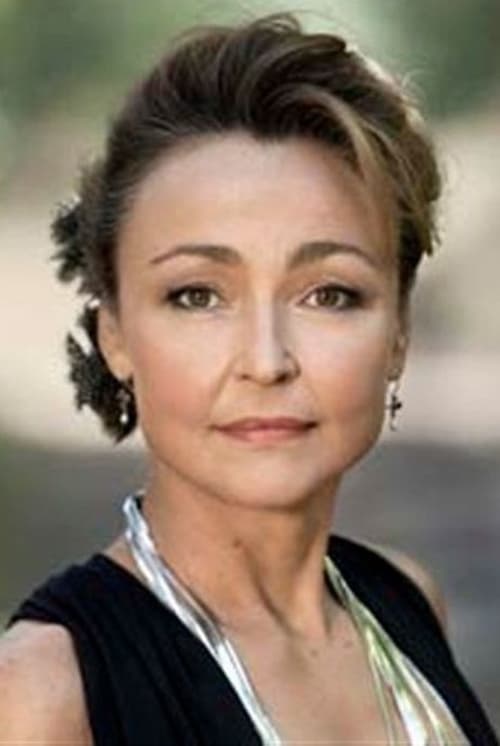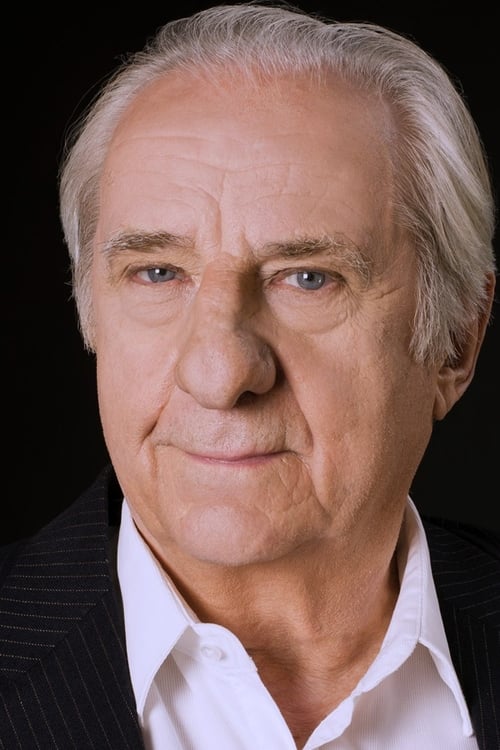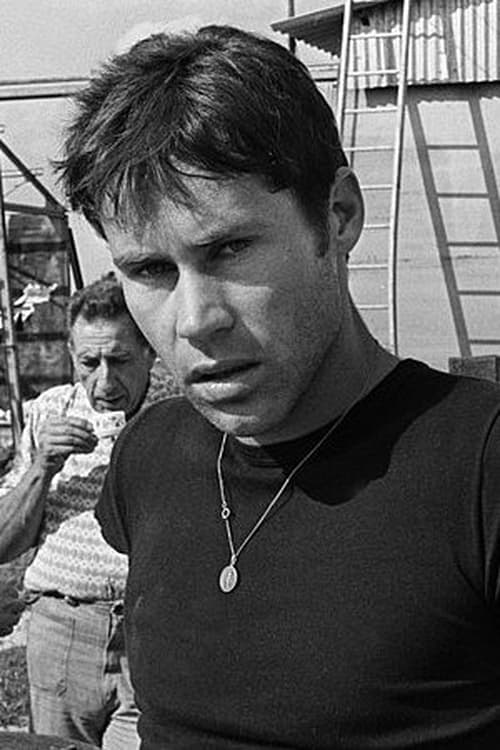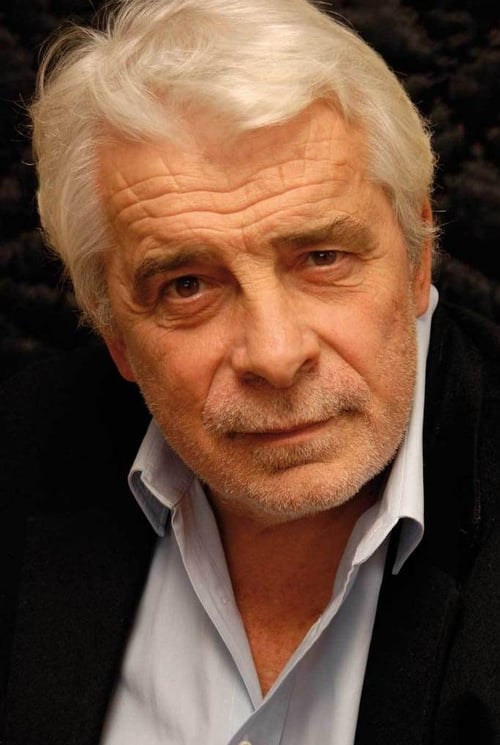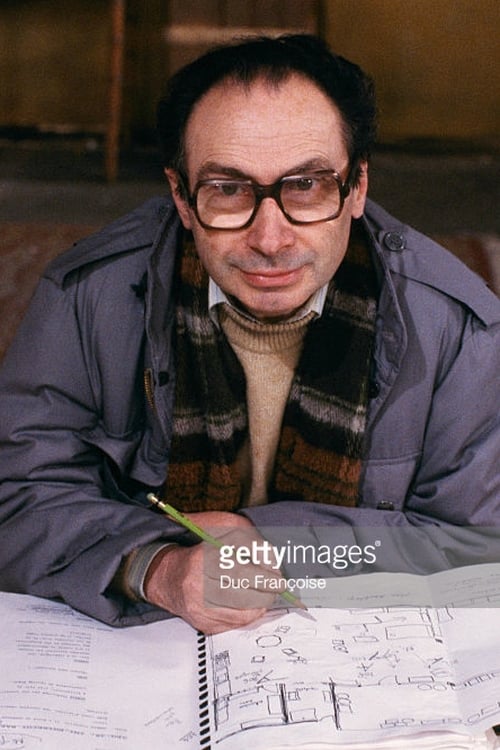Staircase C (1985)
Genre : Comedy, Drama
Runtime : 1H 42M
Director : Jean-Charles Tacchella
Synopsis
Story of a snooty young critic at the centre of several plotlines which run throughout his apartment block.
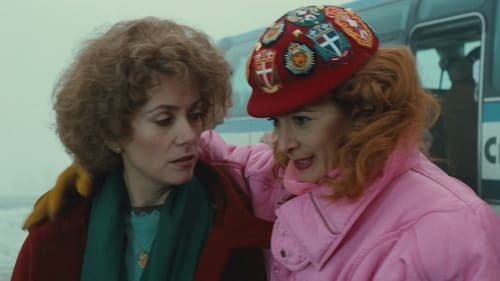
Amanda Weber is a museum employee. Her nephew, Victorien, who feels that wild animals should not be kept in zoos, while hitchhiking saw a mysterious bus with 50 dead tourists that later was found by autorities at the bottom of a lake. When Victorien gets in very serious problems due to what he saw Amanda seeks to find out what happened and soon also becomes a target.

Jofroi sells his orchard to Alphonse. Alphonse wants to use the land for crops, so he starts to cut down the trees. Jofroi is furious: how can someone cut down those trees? He threatens to commit suicide so that the small town will blame Alphonse and Alphonse’s life will be miserable. Alphonse, the curate, the teacher, and some of the townsfolk spend the rest of the movie trying to keep Jofroi from committing suicide…
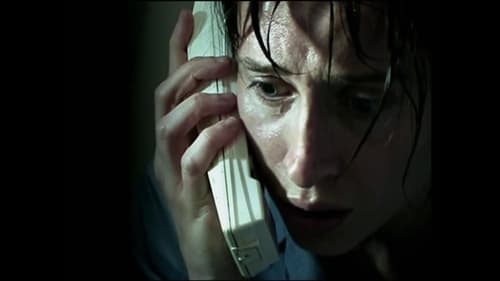
Claire Weygand, a thirty-year-old young woman who is about to defend her anthropology thesis, unfortunately not only feels bad but even worse and worse with each passing day. The migraine attacks she suffers from indeed keep her from working as hard as she should and in despair she decides to consult Doctor Fish. When the medicine the physician prescribes for her fails, Claire, who can't take it any more, asks him to hospitalize her. In hospital, Claire shares her room with Odette, a young woman who has lost the use of her legs and Eléonore, a frightening old woman. The third episode from "The Blindfold" by Siri Hustvedt.
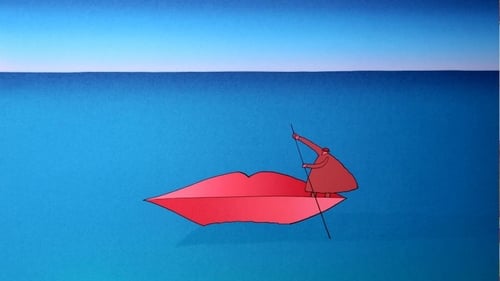
Everything starts when a journalist François decides to investigate the world of working class people. He gets into the lives of Claude, a worker and his wife Lily who has left him.

A schoolboy remembers his last holiday in the big house of his family in the country, before it was sold.

An European researcher is abducted by some ill-educated rebels in a North African country. Their reasons are unclear...
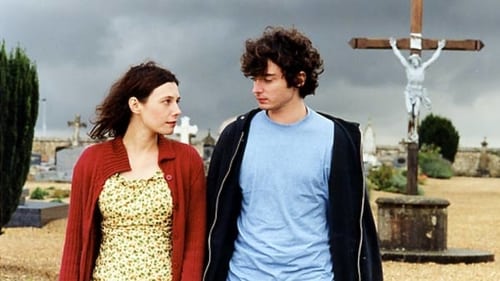
Julien and Emma are brother and sister, living in rural France with their father, who writes children's books. Julien is a gifted pianist but the loss of his mother has sucked the joie de vivre out of him; his best friend Alice knows it although their platonic relationship is more about him supporting her in bad relationship choices than anything else. When he sees a beautiful woman called Olga in a bookstore, Julien is smitten and sets about to set up someway of impressing her and winning her affection.

Three episodes, all with relatively similar plots about a love triangle between a woman and two men.

On a whim, Eve, a young Swedish traveler, accepts an invitation from Peter to vacation on his family's private island off the coast of New England. As a series of unexpected delays prevent other guests from arriving, Eve discovers that she has little in common with the increasingly erratic Peter. Gradually the idyllic natural beauty of the island gives way and Eve finds herself trapped in a state of surreality punctuated by bizarre visions, dimensional shifting and secret pizza.

This drama attempts to be a film within a film. In the outer story, Andre Dussolier stars as a film director working with drama students at the Paris Conservatory, making a film (the inner story) about a woman's obsession with a foreign desert. Wallowing in maudlin sentimentality, this feature fails to live up to the promise of its probable inspiration, Fame (1980), and was not well-received at the 1988 Cannes Film Festival. However, as a medium for instructing director Francis Girod's actual students at the Paris Conservatory about the art and perils of filmmaking, it was undoubtedly a good deal more successful.

Second documentary of a trilogy produced on the long term (together with Profils paysans: l'approche (2001) and Profils paysans: La vie moderne (2008)), showing the simple lives of farmers in contemporary Southern France.

An island retreat. A man, his face bandaged, plays cards nonchalantly. His ex-wife arrives. Conversations happen. (Mubi)
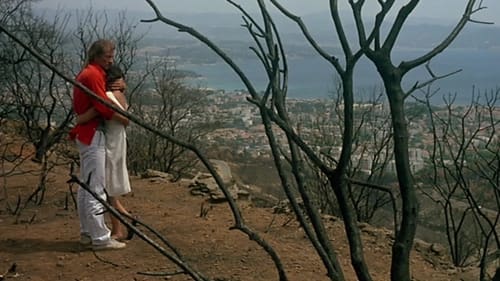
Directors Jean-Henri Roger and Juliet Berto begin this thriller with sequences on the contemporary politics of southern France and the infiltration of organised crime into real estate development there: crime bosses were torching forest tracts to make way for their development schemes in the early 1980s. In the fictionalised story, Paula Barretto is caught in this underworld because her father was involved in the drug business, her brother is in the real estate scam, and her lover is an armed thief. Although she tries to get out of her corrupt and dangerous environment, it is not an easy task when even the police officers cannot be trusted, and the underworld has informants everywhere.

The title of this highly-regarded Czech drama translates as Wolf Trap. Set in the 1920s, the story revolves around an ambitious young provincial politician (Miroslav Dolozai) who enters into a marriage of convenience with a smotheringly possessive -- and much older -- woman (Jirina Sejbavola). Hoping to temporarily escape his overbearing wife's clutches, the husband strikes up a friendship with her young ward (Jana Brejchova). The relationship blossoms into a deep abiding love, but the jellyfish husband can't bring himself to declare his ardor to the girl. Even after the death of the wife, the husband hasn't the intestinal fortitude to admit his passion, and the results are bleak indeed for the unfortunate ward. Director Jiri Weiss does a masterful job staging his story of frustration and denial against a backdrop of post-WWI bourgeois banality.

Beijing, 1902: an enterprising young portrait photographer named Liu Jinglun, keen on new technology, befriends a newly-arrived Englishman who's brought projector, camera, and Lumière-brothers' shorts to open the Shadow Magic theater. Liu's work with Wallace brings him conflict with tradition and his father's authority, complicated by his falling in love with Ling, daughter of Lord Tan, star of Beijing's traditional opera. Liu sees movies as his chance to become wealthy and worthy of Ling. When the Shadow Magic pair are invited to show the films to the Empress Dowager, things look good. But, is disaster in the script? And, can movies preserve tradition even as they bring change?

Olga and Ruth become friends. Olga is independent, separated from her husband, living with an immigrant pianist, and teaching feminist literature. Ruth is withdrawn, a painter, possibly mentally ill. Ruth dreams in black and white, sometimes of her suicide. Olga lectures on a 19th-century writer, von Günderrode, a suicide after the breakup of her intense friendship with Bettina Brentano. Ruth's husband Franz encourages the women's friendship, then, as Olga draws Ruth out and the friendship deepens, he becomes jealous. After the women travel to Egypt, Franz has a tirade. Ruth seems crushed between her husband and her friend, and how she responds is the film's climax.

Who would have expected Brigitte to marry a prisoner with a long sentence in the first place? In this romantic action movie, that is only the first in a long line of surprising actions by the young woman. Somehow, she manages to get hooked to the young prisoner before realizing that he'll be locked up for another three or four decades. She decides that this is much too long to wait to spend time with her sweetheart and decides to learn how to fly a helicopter. Why? So she can fly in and take him out of his prison yard, which is exactly what she does, thrilling romantics all over France and seriously upsetting the authorities. This award-winning film is based on a true incident from 1986.

Ada and Lise are both costume designers, the first is around 20, the other around 30. Both are working hard on their break through. There are also jobs for the movies. This is where Lise meets producer Alphonse, who is nearly 20 years older than she. Because he is unhappy with his girlfriend a secret relationship evolves. Ada has problems as well, but she's not the only one. There are also the young Emma and Nina, as well as Yves and Guido - enough people to get into complicated relationship entanglements.

A lighthouse guardian leads a young prince towards an imaginary world, Taxandria, where the boy learns about the power of love and the value of liberty. A totalitarian regime has forbidden time: time watches have been confiscated, photo cameras are illegal as they freeze a point in time. A typical Servais theme: a power is oppressed by a constraint that denies what is best in the individual, and therefore has to be twisted in various ways, to establish an entirely artificial world, that has rules that may question some of the rules of our world at this side of the mirror.

A collection of early shorts (a combination of old stag films, vintage shorts, cartoons, and films made for the Penny Arcades) is narrated by an unknown voice-over actor in this compilation piece.
